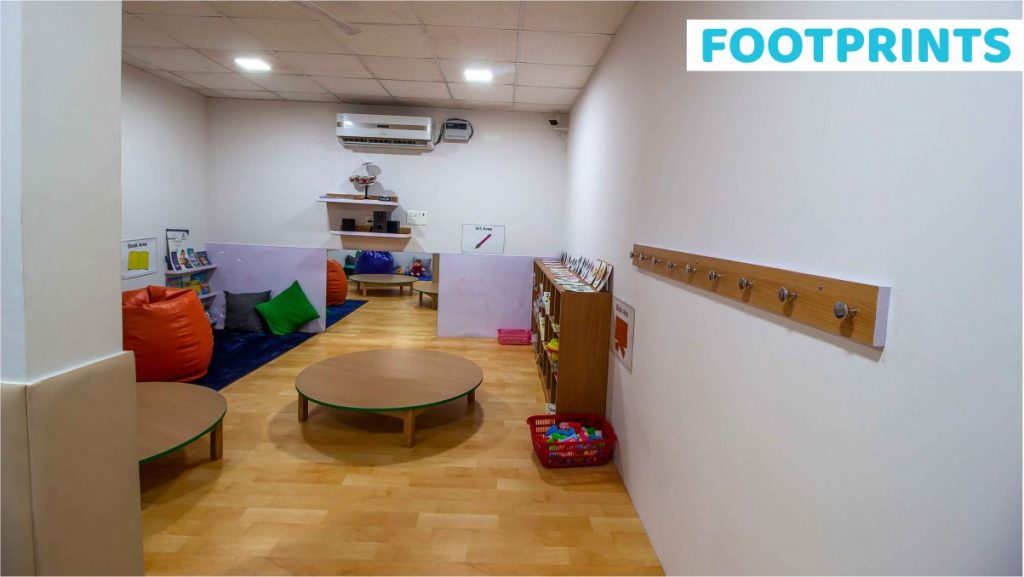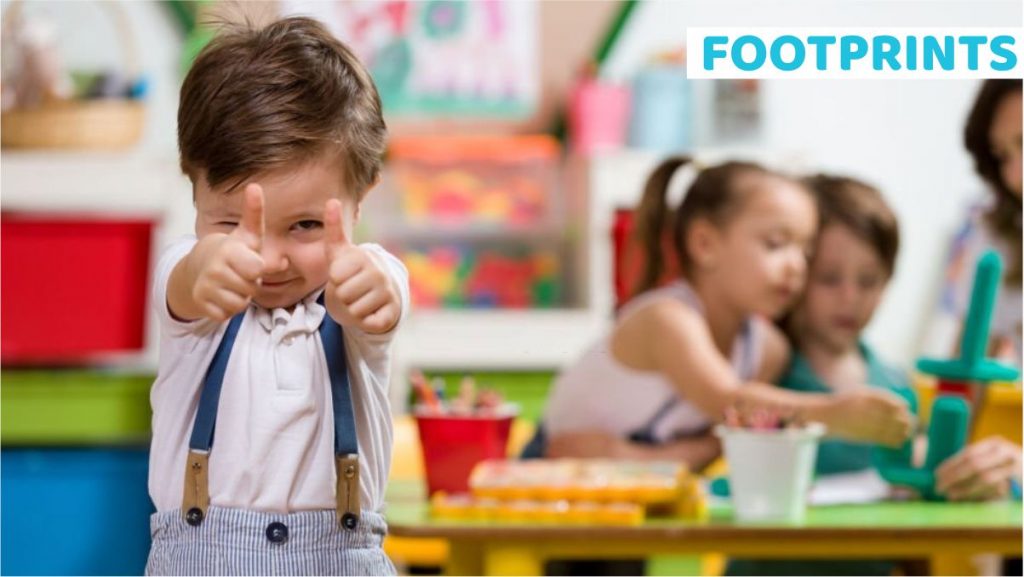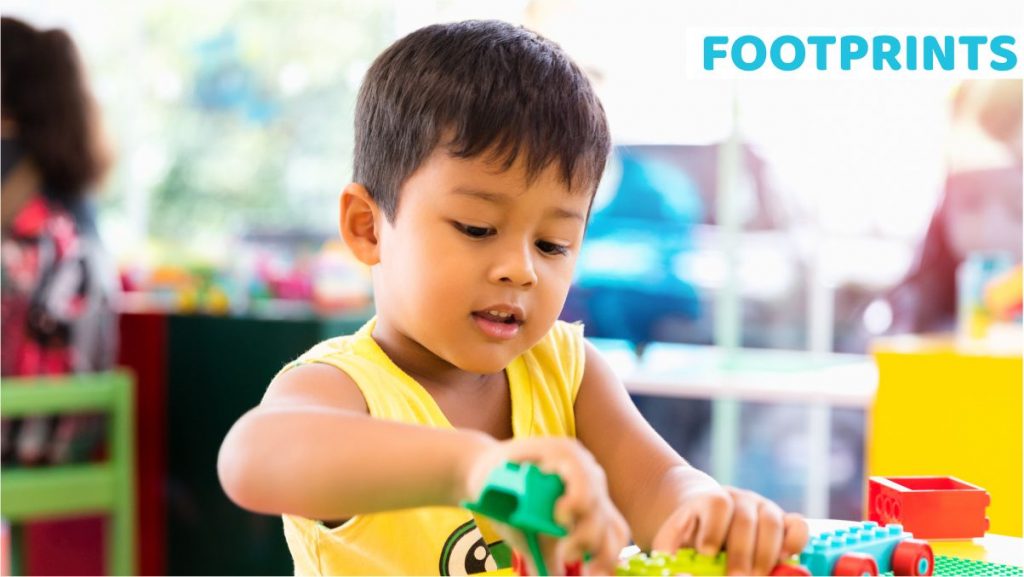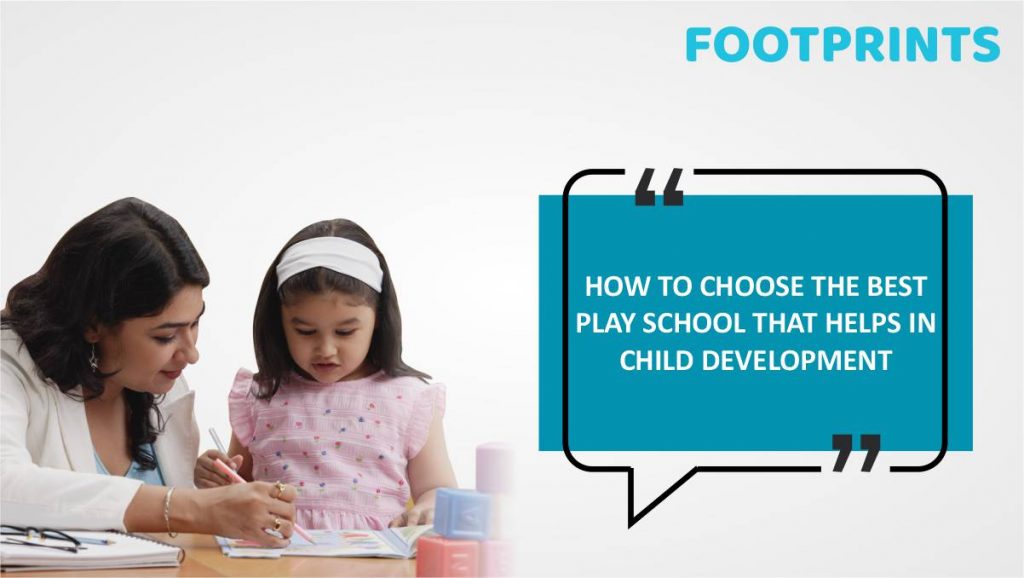Toddlers learn everything so fast, don’t they? Through their singing, playing, and having fun they learn to write, read, and build their science and maths skills. So, simply put Play Schools teaches your kids “pre-skills” that help build a better and brighter future for them. But that’s not all, play school education also teaches your little one to be school ready by helping them understand how to work with their peers in groups, understand and follow the routines of school, and overall be a student. How to choose the best Play School.
Now have you been on the lookout for a high-quality Play School that will ensure that your kid’s success rate in the future increases? If you answer positively, then this article is just for you. Read on to understand how to choose the right one for your little one.
What Is a Play School, And Why Is It So Important for Kids?
A play school or nursery is a facility that is there to provide early childhood education to kids before they join the school. Now, are you wondering if it’s mandatory to put your child in a play school? The answer is no. In fact, most play schools are private organizations and are considered child care centers only. But the truth is early childhood education helps increase your kid’s cognitive development while reducing grade retention and improving behavior during the school years.
Studies conducted, have proven that kids who receive play school education tend to excel in skilled jobs more and also, get involved less in delinquent acts. Additionally, this also helps kids be more school ready for the future.

What Is the Playschool Age Requirement?
Most child care centers tend to have an age requirement of their own. But typically a child needs to be at least two years of age to get enrolled. Most commonly, the play school age is three years. This is because at this age kids begin to enjoy the benefits of being in a group as they start engaging in reciprocal relationships and have less separation anxiety when being separated from their mothers. Another reason why three is the ideal age for pre-schoolers is that by this time they are already potty-trained.
Things To Consider Before You Choose the Play School
Various factors need to be considered to choose the best play school for your little one. And talking to play school directors often time isn’t enough because remember at the end of the day your child’s future doesn’t depend on the philosophies. Your child’s experiences and future are shaped by the play school environment, teachers, and the policies followed by the play school.

When choosing the right childhood education for your kid, you need to have a preschool checklist that will help narrow down which play school is the perfect fit for you and your child. Below are mentioned some criteria to choose the play school:
1. Nature of The Teachers
One of the most important things children learn early is building trusting relationships. Several studies conducted have confirmed that the more teachers are caring and positive the more children develop and learn better.
Positive happy teachers help uplift a child’s spirit by being helpful, upbeat, and smiling often. Doing simple things like patting kids on the back or holding their hands to comfort them can be immensely helpful in building their confidence. A good teacher would listen patiently to the child and answer their questions without getting irritated or yelling.
2. Social Learning and Playing Time
Playing around freely is one of the best-proven ways for pre-schoolers to learn. This is because physical activities help enhance child development while stimulating brain growth. But that’s not all, free playing also allows kids to promote positive social behavior and develop social competence.
For this reason, while choosing a play school for your little one, make sure that there is a lot of free playing time on their list of play-school activities. Also, make sure that the teachers proactively participate in resolving conflicts while ensuring social learning.
3. Positive Discipline and Guidance
Before finalizing the Playschool for your kid, make sure that you have a clear understanding of their discipline policy. Pre-schoolers are young and hardly have the vocabulary to express their frustration and anger. This is why they need to understand social rules and skills better through positive discipline.
Teachers in playschool should be able to enforce discipline by patiently teaching and explaining instead of punishing or yelling. This is because under no circumstances kids should be treated harshly through physical punishments or by giving a penal time-out.
4. Interactive And Engaging Teaching
Observing teachers and their interaction with kids during class will help you understand the teaching method followed by playschool. Teachers need to interact frequently and positively with kids. They should ask meaningful questions and encourage kids to think deeper and speak their minds.
The more the teacher engages with kids, the better they will understand instead of just lecturing. This interaction could be done by singing songs, reading books, describing events from their life, or simply telling stories. Crafts and games are also a great way to get students to be active and contribute to the classroom. Additionally, make sure that besides academic knowledge teachers cover daily knowledge as well.
5. Formal Training
While looking for a high-quality playschool for your little one, make sure that the teachers have formal school training. This is because the higher the teacher’s education and training, the higher the quality of their care and understanding is.
For early childhood education of your kid’s teachers with post-high school education and training, or a college degree in childhood development is preferable. Also, teachers’ training in early childhood education or related fields addressing to developmental needs of playschool kids is a great choice for your child.

Things To Keep in Mind When Looking for A Playschool
Attending playschool has a direct relation to better social competence and cognitive development. In fact, several studies have shown that child behavior starts worsening if playschool isn’t of standard quality. This is why it becomes extremely important for parents to take enough time out and consider all the playschool options before settling for one.
One of the best ways to know for sure about a playschool is to pay unexpected visits because that’s when you will be able to see the real deal. It’s natural for teachers to put on their best behavior when there are visitors. Therefore, dropping in during school hours without any prior announcement is the best way to get a clear picture.
Teaching kids is a mammoth task, and most times, teachers remain underpaid. So, when visiting a playschool, ask the director about the benefits, and compensation the teachers receive. Because, remember underpaid teachers are never happy, and a happy teacher is important for happy students.
Another great idea before making your final decision about choosing the perfect playschool for your kids is by talking to parents of past and current students. But since the definition of quality is different for different people make sure you ask specific questions for the exact answers.
Playschool might seem like all fun and games. But that’s not the truth. Research has shown that through these games pre-schoolers tend to learn their math and literacy skills which ultimately help in future school achievements. That being said, if you have been feeling overwhelmed by the choices of playschools around you, this article is bound to make your task easier and find just the right option you have been looking for.

Purvesh is a multidimensional leader at Footprints Childcare. As a TED speaker and IIT-Delhi alumnus, his passion for education is fueled by his experiences as a certified life coach and parent. He goes beyond traditional parent engagement activities, creating meaningful connections through insightful parenting workshops and open communication channels. Purvesh’s commitment to empowering parents, teachers, and students is the foundation of everything we do at Footprints. What motivates Purvesh? As a parent himself, the challenges his son faces in the educational system are the driving force for him.


